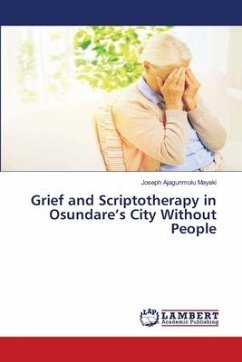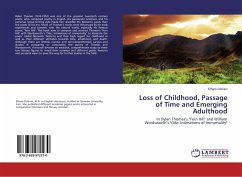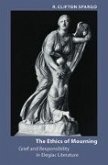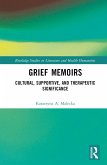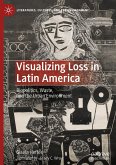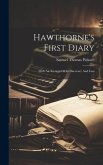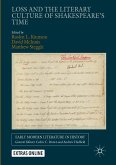Therapy has long been recognised as one of the main functions of literature. Many African writers, including Niyi Osundare enrich their poetry with ideas and matters that could serve therapeutic purposes. Existing studies on the poetry of Osundare have privileged socio-political, economic and cultural issues to the exclusion of the therapeutic relevance. This study examines the symbiotic interactions of grief and creativity in Osundare' City without People, with a view to unveiling how poetry mitigates and benefits from grief through Sigmund Freud's Psychoanalytic Theory and interpretive design. The process of writing poetry is depicted as providing therapeutic authentication for the poetic persona. Writing serves as audibility, visibility and awareness creation craft, as well as an expressive and a reflective practice for self-understanding during grief. It is also a purgative exercise for cathartic feelings and an instrument of validating and appreciating loss for health-related enfranchisement.

